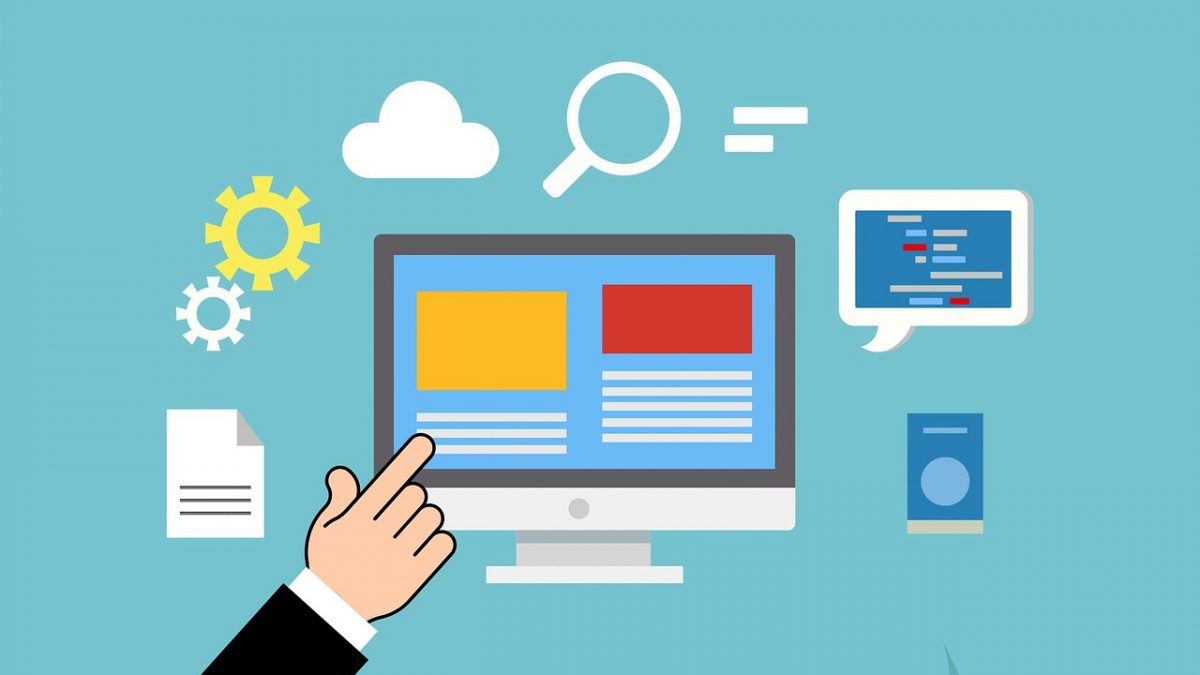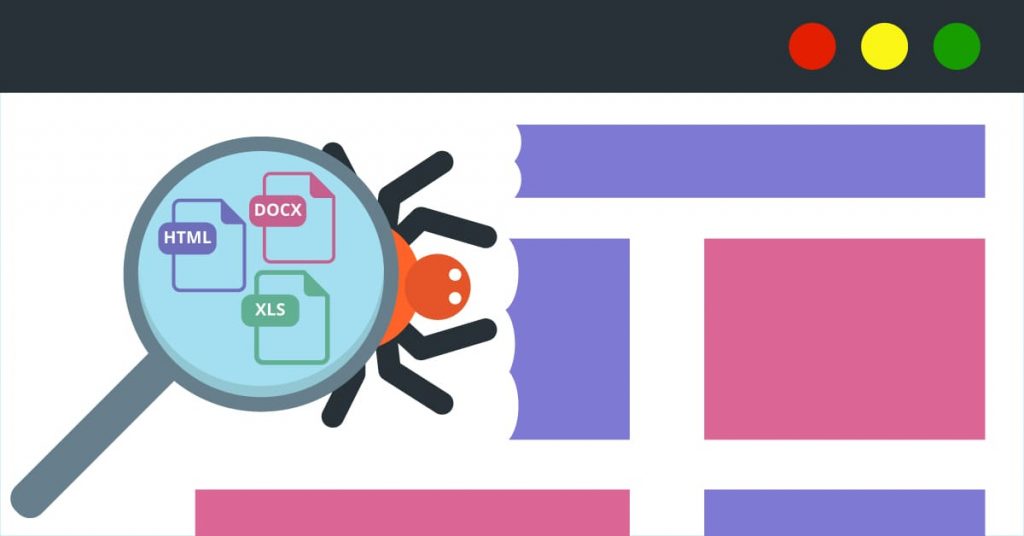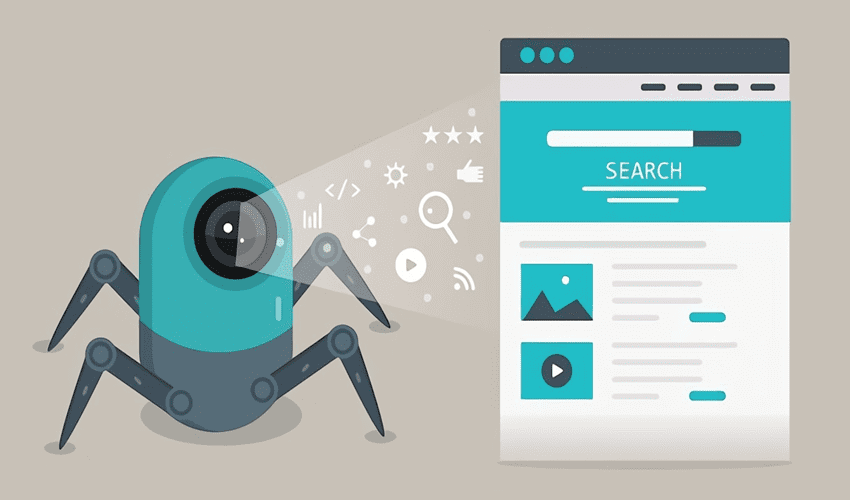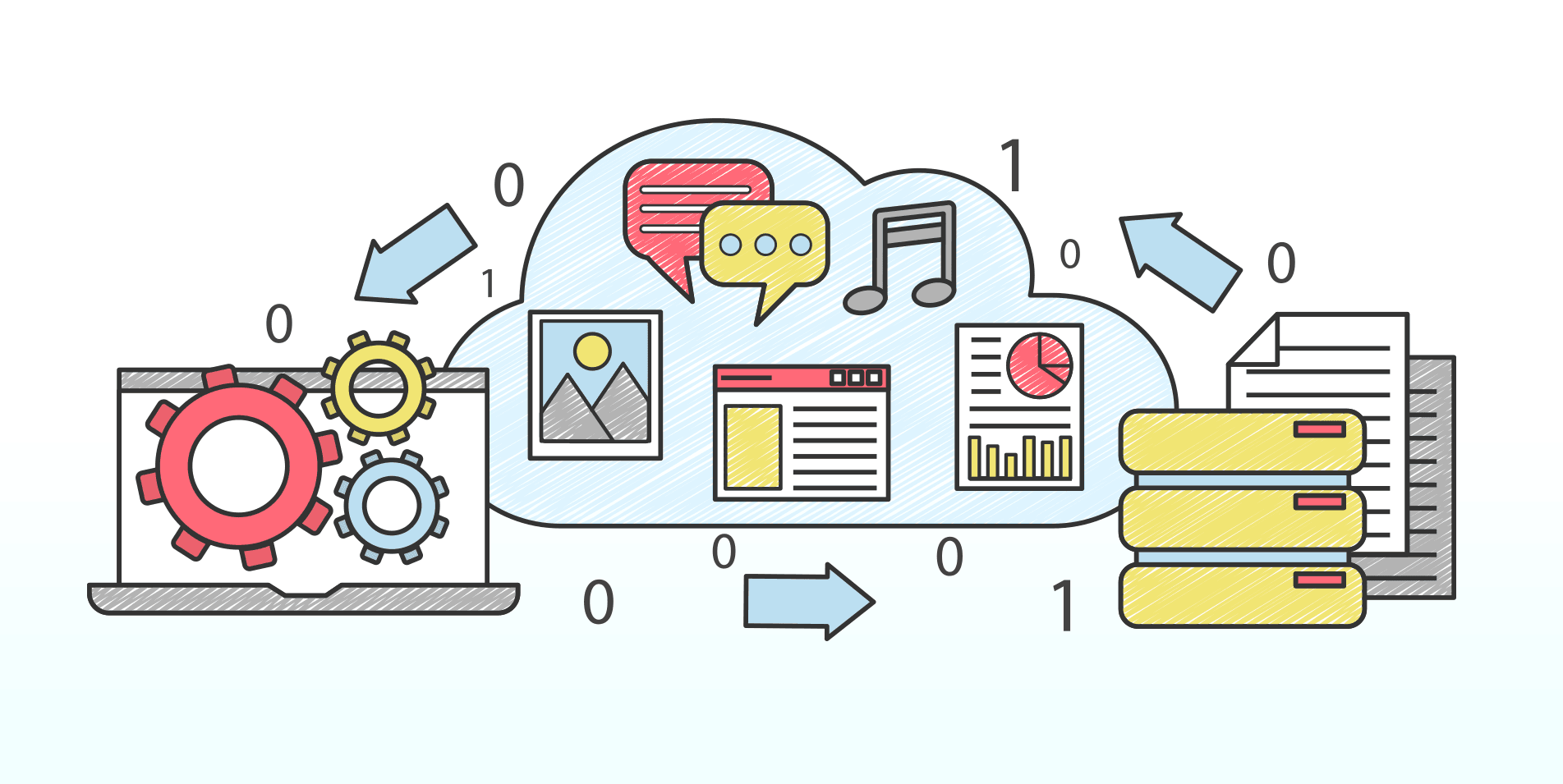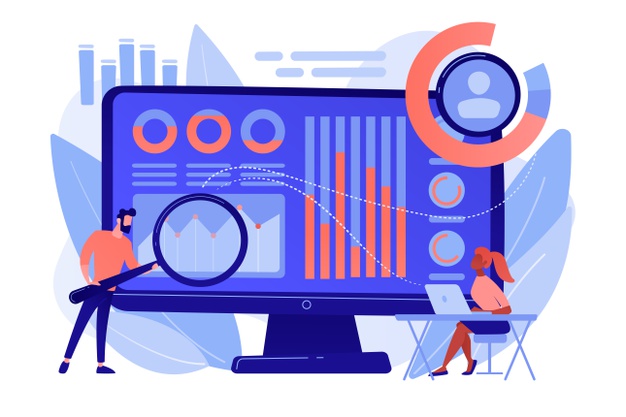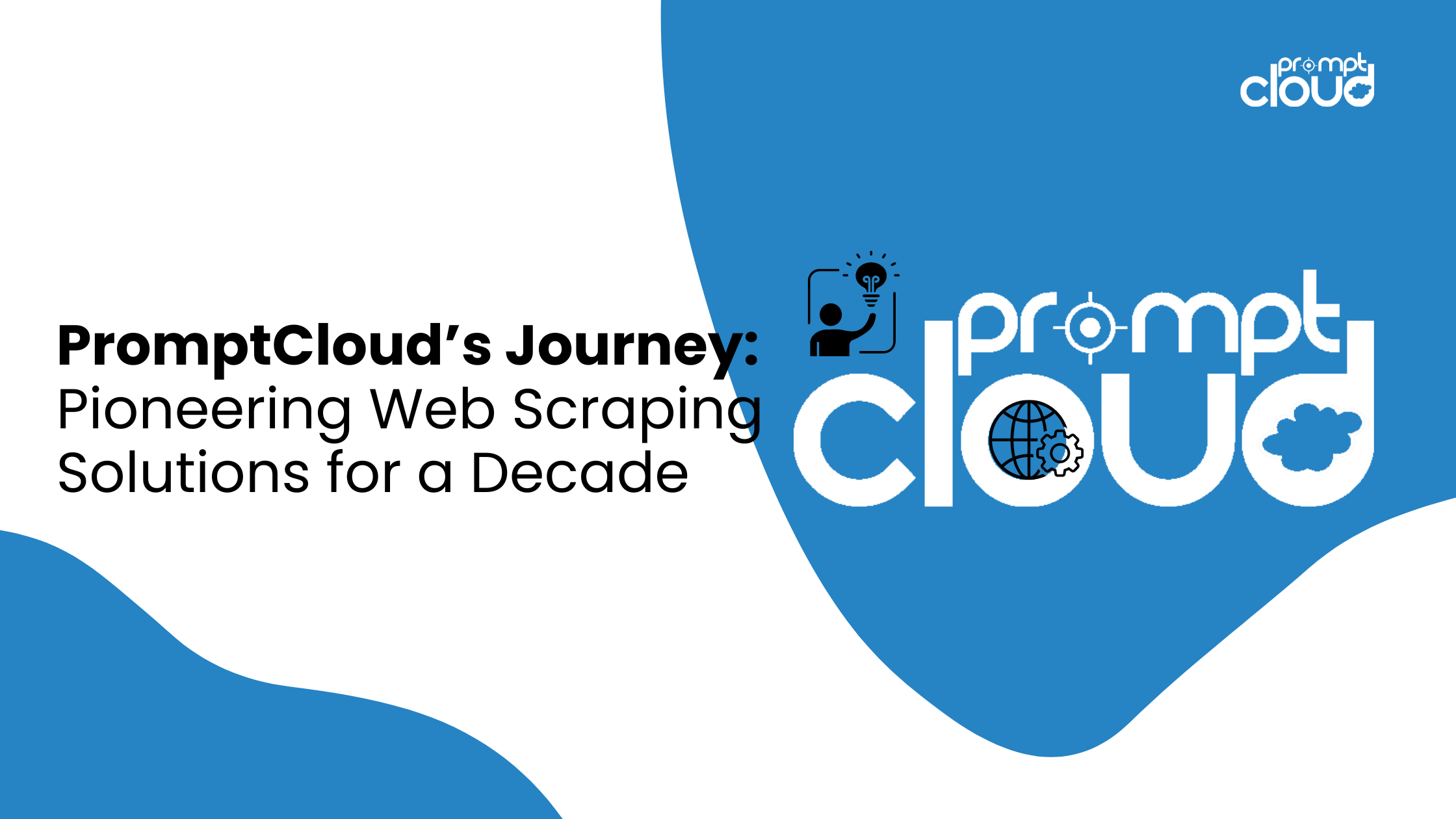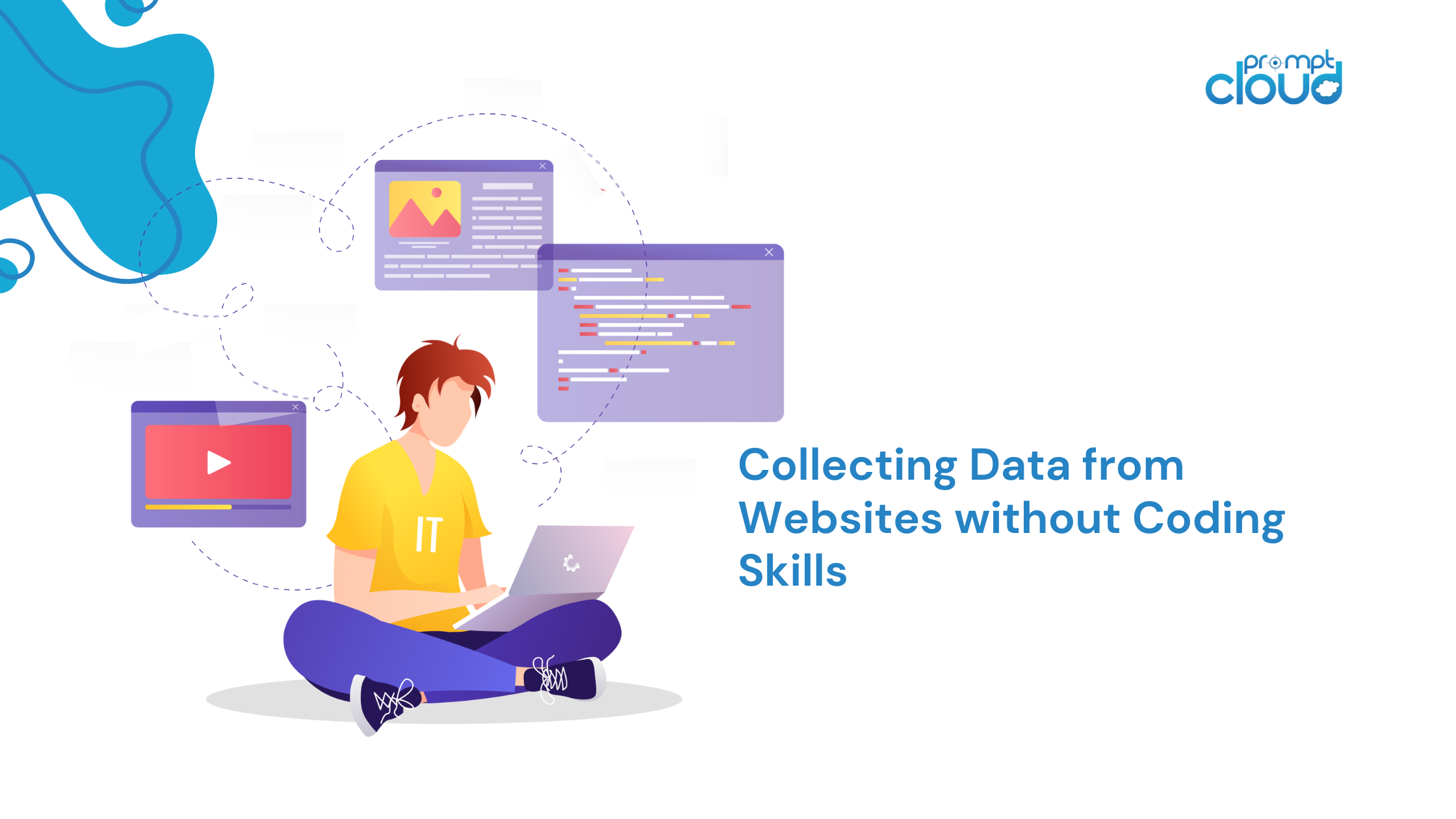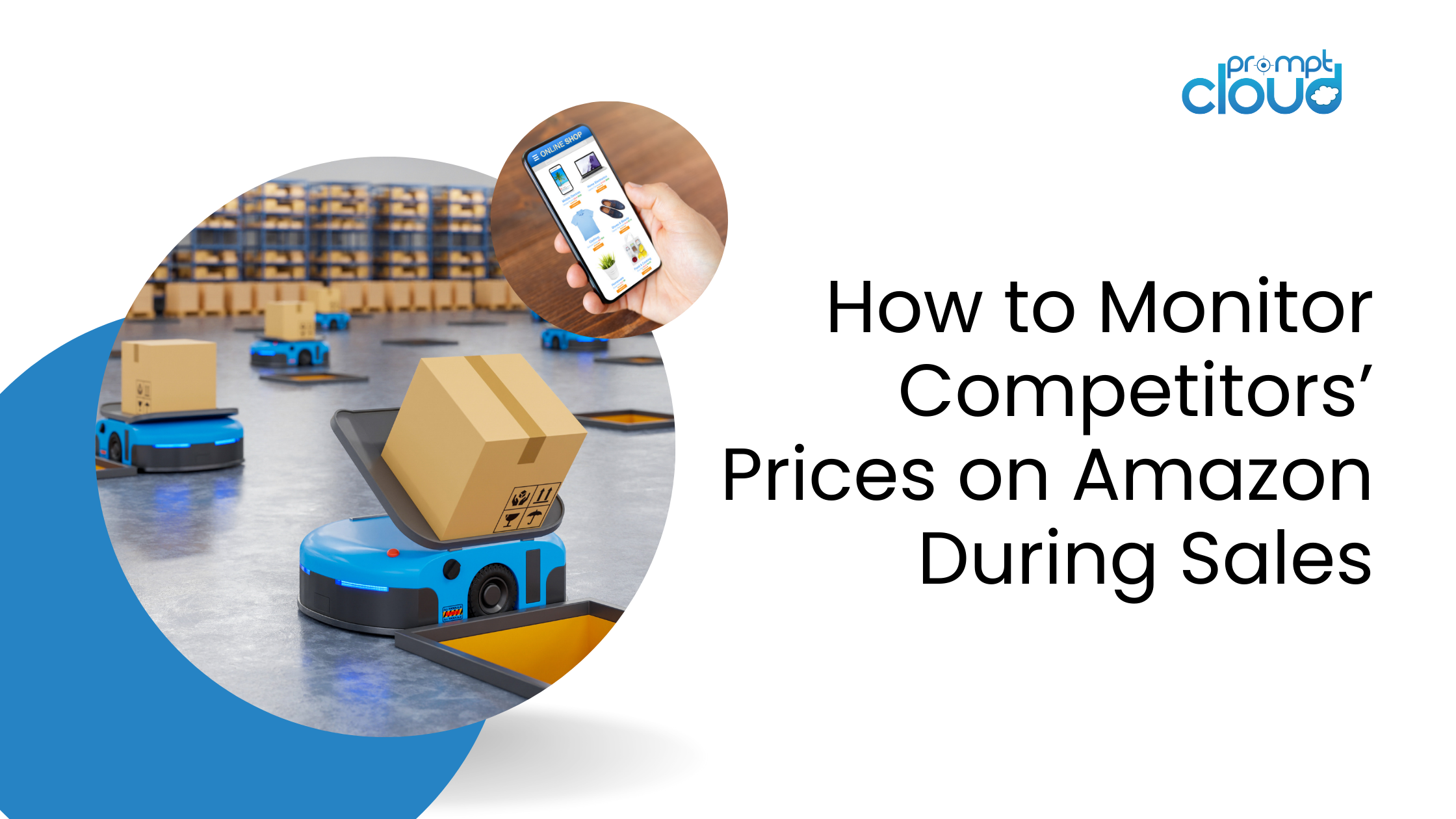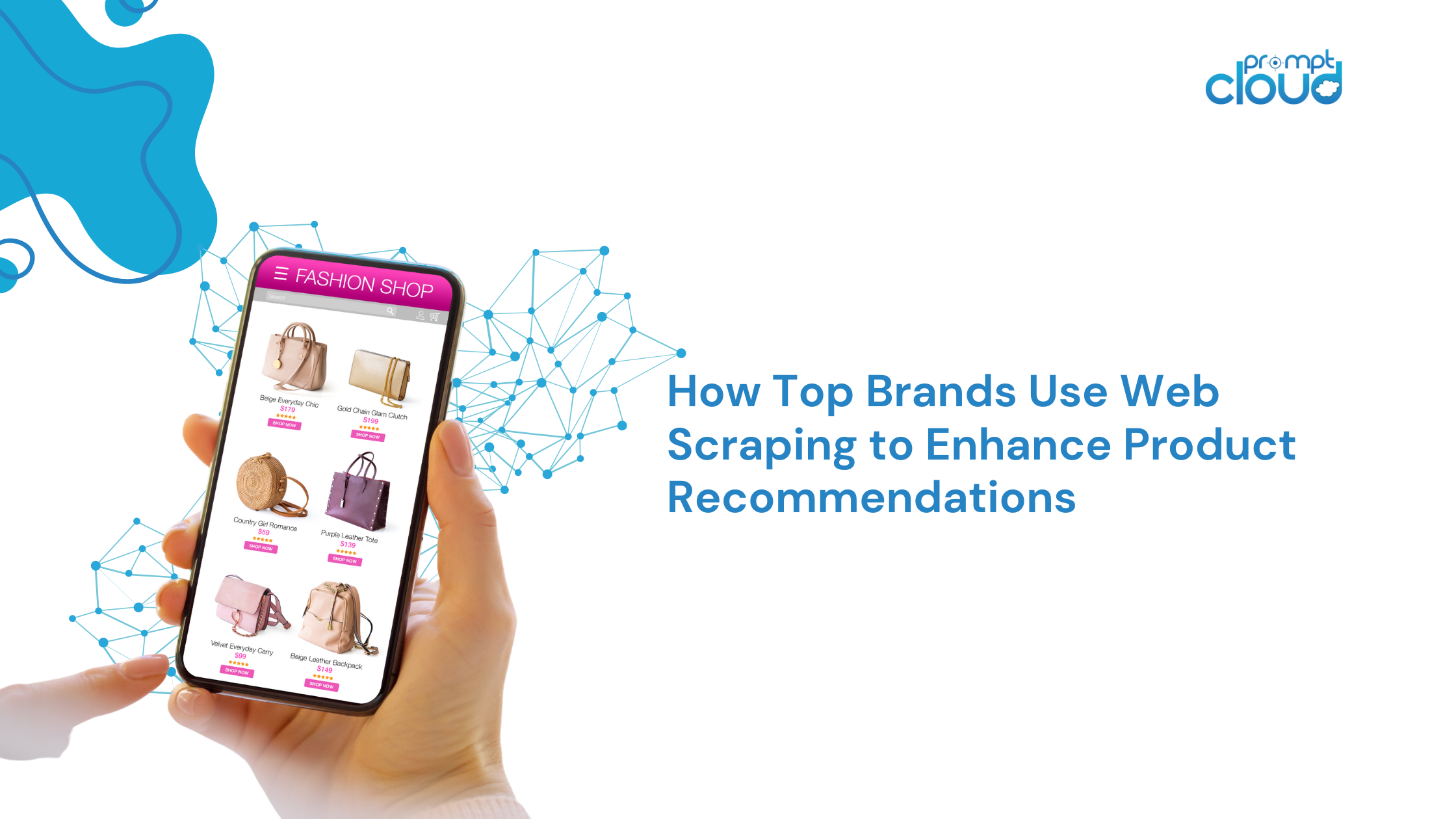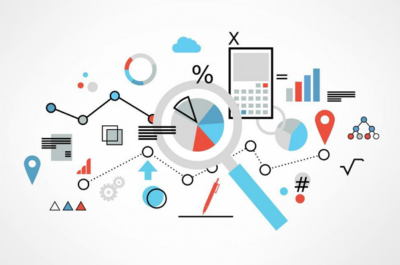
Introduction to The Legalities of Web Scraping
This is one of the hottest questions in the field of Data Analytics and Big data — Is web scraping legal? Before diving deeper into this, let us understand the basics; what is web scraping and web crawling?
Web Scraping
To put it simply, manually copying data from the websites is a tedious, time-consuming, and inefficient process. This is why we automate the process using an intelligent script that can help us extract data from required web pages of the chosen websites, methodically and periodically. Web scraping is the process of extracting the information pile from a website or a set of websites and saving it into local servers. This data is saved in a database table or a local file system according to the structure of the data extracted. More details here on automated scrapers and custom scraping
Web Crawling
Web Crawling is the process of indexing information or data from the page, using bots or crawlers. Search engines like Google, Bing, etc usually use these bots or crawlers to index all the websites and organize them into categories.
Web Scraping vs Web Crawling
Web Scraping |
Web Crawling |
| Extracting data from various online sources | Downloading and indexing pages of the websites |
| Deduplication is not necessary all the time | Deduplication is necessary all the time |
| Can be of any scale | Mostly Large scale |
The Technicalities Of Web Scraping
Now that we understand the basics, let us get into the question — is web scraping legal?
Technically, the answer is yes; unless the websites are abused unethically. As long as we abide by the rules set by the webmasters of the websites and respect the terms of the websites. To do so, scrapers and crawlers have to follow the following rules.
1. Respect the Robots.txt:
The Robots.txt file is a document that has a set of rules that defines how bots can interact with the websites. While scraping, we should always check these Robots.txt files of the website we are about to scrape. It is wrong to go against the rules mentioned in the Robots.txt file. It can lead to lawsuits and penalties. To put it in a simpler context, the data presented on the website belongs to the owner of that site. Copying or downloading the data without permission from the owner is technically unethical and illegal.
2. Do Not Hit The Websites Too Frequently
The webmaster and owners of the website take too much time to maintain the performance of their website. Hitting up the website too frequently will hinder the performance of their website as the bots add load to the server of the website. The websites may end up falling into downtime if the load exceeds a certain point or become too high. This completely degrades the user experience of the website. Setting a reasonable amount of hits to a website to not downgrade the performance and also get the data that we require would be the best way to scrape.
3. It is Better if You Scrape Data During Off-Peak Hours
As discussed above, hitting the website reduces the performance of the website server. It is better to choose the time to scrape the website at their off-peak hours so that the load on the website induced by the bots won’t affect the user experience for too many people. This way, the webmasters won’t ban the bots.
4. Responsible Use Of The Scraped Data
We need to use the data scraped from the website more responsibly. Publishing the data not abiding by the rules and policies of the website might lead to severe consequences. Using them for analyses or other ethical purposes is alright. But we have to refrain from using the data in an irresponsible or unethical way.
Is It Legal to Scrape Web?
It is legal to scrape data, but terms and conditions applied.
The US Court of Appeals denied LinkedIn’s request to prevent an analytics company called HiQ from scraping its data. In short, it is translated to the fact that it is fair to crawl data that is available in the public domain and not copyrighted. But this decision also says that the scraped data, even though publicly, cannot be used for unlimited commercial purposes.
For instance, it is okay to scrape data about YouTube titles or comments of a certain channel or a certain topic, but it is not ethical or legal to repost or repurpose the video content from the channels or topics. It is also illegal to scrape data that requires authentication to access it. Like, it is okay to scrape publicly posted data on LinkedIn, but it is illegal to scrape user profile information, which requires authentication. Even though if the data is available publicly, we cannot scrape data to which the owner or webmasters of the site owns intellectual property rights.
In Russia, it is common for almost all websites to block web scrapers and crawl bots from accessing their information with strict rules, even if the owner or webmaster doesn’t own any intellectual property rights to it.
So next time, you can safely answer “Yes” to the pertinent question is web scraping legal? At PromptCloud, we provide web scraping solution and service to our clients, within the legal and ethical domain.





